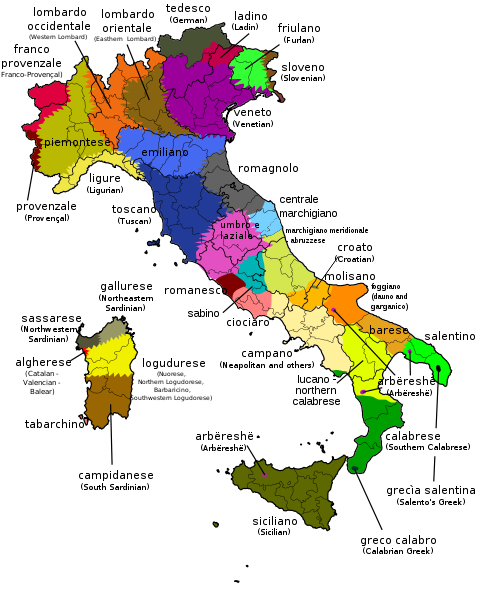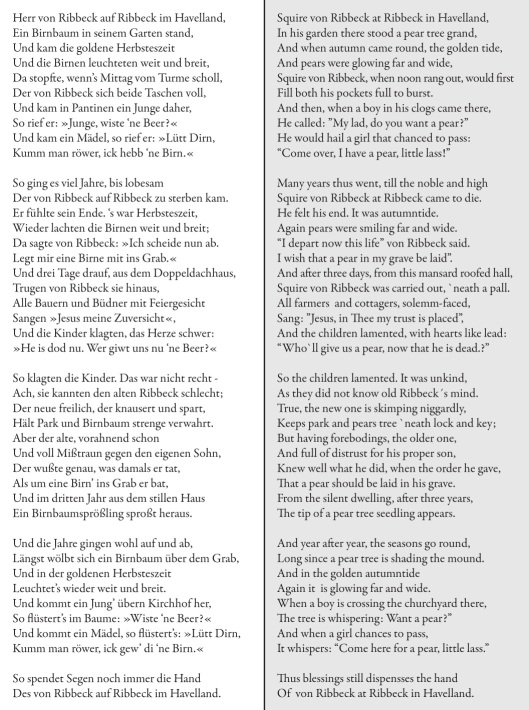Happy Friday! I’m really excited about today’s feature because today’s language is one I’ve never gotten to hear spoken before!
My guest today is Yegana Baghirova, who grew up in Baku, the capital of Azerbaijan, but now lives here in Washington, DC. Yegana says her family is “international,” so the primary language in her childhood home was Russian. However, her paternal grandmother also lived with them, and only spoke Azerbaijani, so Yegana and her sister “learned Azerbaijani while speaking to her, accompanying her to a mosque, and watching Azerbaijani movies together.” She adds that she learned “bureaucratic and more sophisticated” Azerbaijani at work as an adult.
Azerbaijani is spoken, obviously, in Azerbaijan, but Yegana points out that it is also the second most widely spoken language in Iran. It’s a Turkic language, related to a lot of other Central Asian languages like Kazakh, Uzbek, and Kyrgyz, as well as of course Turkish. Yegana says that “if you know Azerbaijani, you will experience no problem with understanding and speaking with Turks, but not vice-versa.”
Yegana says that she likes how her language “delivers ethnic Azerbaijani but also local (regional: differing by districts, cities, and even villages) color, which in many cases cannot be translated into other languages. It is also very soft, almost song-like, poetic.” I think the audio clips she’s sharing with us really show off that softness and poetry.
To give us a sampling of Azerbaijani, Yegana has selected two short texts. The first one is an excerpt from a poem titled ‘Azerbaijan’, by the famous Azerbaijani and Soviet poet Samad Vurgun. Yegana says this is “probably the only poem that all Azerbaijanis know by heart.”
Azərbaycan (parça)
Çox keçmişəm bu dağlardan,
Durna gözlü bulaqlardan;
Eşitmişəm uzaqlardan
Sakit axan arazları;
Sınamışam dostu, yarı…
El bilir ki, sən mənimsən,
Yurdum, yuvam, məskənimsən,
Anam, doğma vətənimsən!
Ayrılarmı könül candan?
Azərbaycan, Azərbaycan!
–Səməd Vurğun
English translation:
Azerbaijan (excerpt)
I often walked among these hills,
Among the crane-eyed springs and rills,
And listened to the distant trills
Where river waters peacefully move…
Here I knew friendship and true love.
All people know that you’re my land,
My life, my nest, my country grand,
My dearest mother, my native strand!
Can one split body and soul in a man?
Azerbaijan, Azerbaijan!
Samad Vurghun
The second sample is a story about a character named Molla Nasreddin, a legendary figure about whom thousands of beloved stories and anecdotes are told in the Turkic-speaking countries where they originated (and beyond.) I love Yegana’s explanation, so I’ll share it here in full:
“Azerbaijanis are extremely fond of Molla Nasreddin anecdotes and entertain one another by telling them at parties and family gatherings, injecting Molla’s humor and wit into the natural flow of conversation just as they do with proverbs and jokes. Since these anecdotes have been passed down orally, generation after generation, considerable variations may exist in the way they are told. Molla’s wife and his donkey are among his most constant companions. His stories often point to an obvious truth which has been taken for granted and usually include unexpected twists that make his ideas witty and fresh. Though Molla often appears as a fool, he usually is the one who cleverly exposes other people’s foolishness.”
Pişik Hanı?
Molla bazardan üç kilo ət alıb evə göndərir ki, arvad bir-iki gün xörək bişirsin. Arvad qonşu arvadları çağırır, əti bişirib yeyirlər. Molla axşam böyük bir iştahla evə qayıdır ki, indi ət yeyəcək. Evə çatan kimi arvadına deyir:
– Arvad, acam, xörəyi gətir şam edək!
Arvad bir az çörək, bir-iki baş soğan gətirib Mollanın qabağına qoyur. Molla soruşur ki:
– Arvad, bəs, əti niyə bişirməmisən?
Arvad deyir:
– Başıma daş düşsün! Əti yuyub stolun üstünə qoydum ki, ocağı yandırım. Başim qarışmışdı.
Sonra getdim əti götürüm. Gördum ki, pişik hamısını yeyib!
Molla heç nə deməyib durur. Pişiyi tutub qoyur tərəziyə. Çəkib görur ki, düz üç kilodur. Arvada baxıb deyir:
– İndi mənə düz de: əgər bu pişikdirsə, bəs ət hanı? Əgər ətdirsə, bəs pişik hanı?
English translation:
Where’s the Cat?
Molla bought three kilos of meat from the bazaar and sent it home so that his wife could prepare meals for a day or two. His wife called other neighborhood wives over and they cooked and ate the meat. That evening Molla returned home with a big appetite anticipating a meat meal. As soon as he arrives home, he says to his wife:
– Wife, I’m hungry, bring the food and let’s have supper.
His wife brought him some bread and a couple of onions and put them in front of Molla. Molla asks her:
– Wife, but why didn’t you cook the meat?
His wife says:
– Oh let a stone fall on my head! I had washed the meat and put it on top of the table so that I could light the fire. My head was confused. Then I went to bring the meat. I saw that the cat had eaten it all!
Molla didn’t say anything. He stood up and grabbed the cat and put it on the scale. He weighed it and saw that it weighed exactly three kilos. He says to his wife:
– Tell me the truth now: if this is the cat, then where is the meat? And if this is the meat, then where is the cat?
***
Thank you, Yegana, not only for sharing your beautiful language with us, but also for sharing so much of the flavor of your culture. I really loved this feature.
Спасибо большое!


